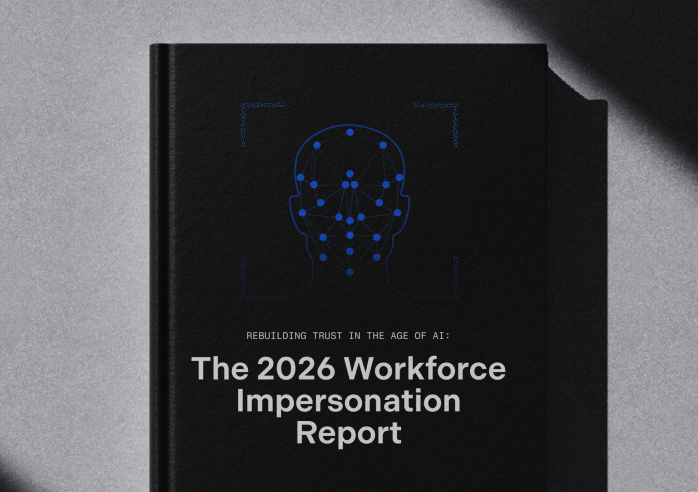As new artificial intelligence capabilities continue to emerge, fraudsters and cyber criminals continue to develop new tactics to bypass today’s security and authentication measures. Most recently, voice biometrics have fallen under fire.
While Fortune 1000 enterprises, financial institutions, and insurance companies have all adopted voice biometrics as an additional level of security for their customers’ user accounts, tools like ChatGPT and comparable competitors like ElevenLabs have made it simple for people to create convincing replicas of a person’s voice, making it simple to bypass the “unique” voice prints bound to a user’s account.
In the face of these threats, tangible proof of a person’s identity, such as facial biometrics or a government-issued ID, once again becomes the most secure method of knowing that someone is who they claim to be over the phone or digitally. To respond to these new threats, Nametag has developed AI-powered identity verification (IDV) solutions that work out-of-the box to deter fraud using the reputable methods recommended by cybersecurity efforts.
Safely Navigating the World of Deepfakes
The rapid rise of deepfakes has captured the attention of civilians and authority figures alike. As people raise concerns about how easy it is to replicate a person’s voice, even without physically interacting with someone, policy makers are catching on - as demonstrated by Senator Richard Blumenthal, who successfully gave his opening remarks at an AI hearing without speaking a single word - only using a deep-faked voice and text generated by ChatGPT.
To make matters worse, lapses in voice biometric resiliency aren’t theoretical anymore. Notably, one journalist was able to successfully replicate his voice using artificial intelligence to access his bank account, as well as sensitive information surrounding his balances and transactions.

The ramifications of voice phishing also raise questions on the user privacy risks that voice ID authentication systems may bring, and whether the emergence of convincing deepfakes requires a new, privacy-centric approach to digital access and security that customers and organizations alike can trust.
As more stories like these continue to emerge, customer and executive trust in voice biometrics will continue to erode, forcing authorities similar the Consumer Financial Protection Bureau or officers in charge of enforcing compliance frameworks to compel organizations to adopt more robust security measures. There have also been suggestions in congressional hearings to create new departments to combat and analyze AI advancements.
Implement Fraud Protection, Without Sacrificing User Privacy
Unlike legacy identity verification providers that upload government-issued ID or biometric details to a centralized database, Nametag takes a privacy-centric approach designed to only process data necessary for authentication, accelerating IDV technology adoption in highly regulated industries, including banking, finance, healthcare, and business services.
As legal experts also raise the alarm on voice biometrics violating user privacy, Nametag is prepared to offer this same identity-centric protection that complies with best practices laid out by today’s regulations and by security researchers at corporations like Microsoft. Our AI-powered solution is purpose-built to help businesses immediately provide a more secure and convenient way to verify their identity.
Explore the Future of Digital Trust and Safety with Nametag
Nametag is prepared to help organizations across all industries and compliance requirements evolve beyond legacy security measures, such as passwords, multi-factor authentication (MFA), and voice biometrics with frictionless, customer-focused security solutions. To learn more about how individuals and businesses alike can get a consistent solution to verify and manage their digital identities and assets, you can schedule a demo with us here.



